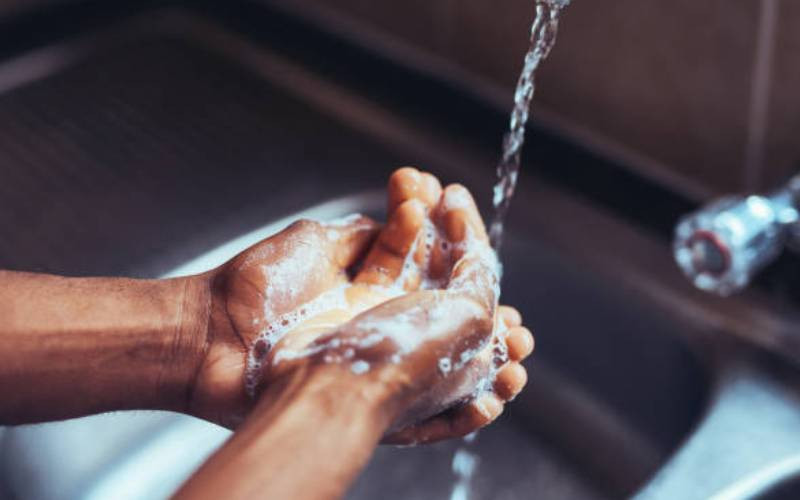×
The Standard e-Paper
Stay Informed, Even Offline

The spread of infections and diseases can be significantly reduced by practicing good hand hygiene.
The World Health Organisation (WHO) estimates that dirty hands are the primary means of illness transmission in about 80 per cent of cases.